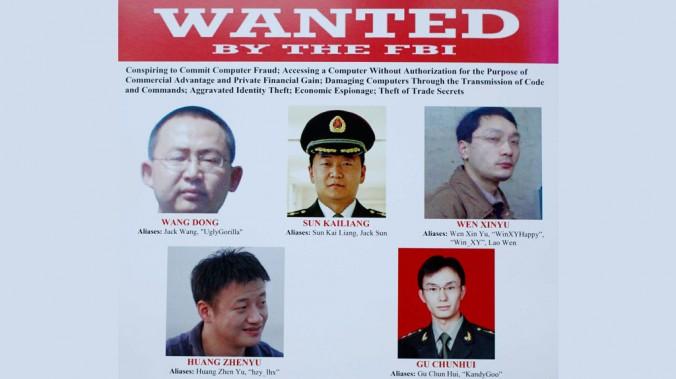The Chinese regime may have just lost the plausible deniability it has been using over the years to disregard criticism for its near constant cyberattacks targeting governments, critical infrastructure, and businesses around the world.
It turns out, Chinese authorities admitted it themselves back in 2013, yet the admission slipped under the radar of Chinese military watchers until now. Information on its hacker army was tucked into its most recent edition of “The Science of Military Strategy,” which is published by the top research institute of the regime’s People’s Liberation Army (PLA).
Joe McReynolds, a research analyst at the Center for Intelligence Research and Analysis, revealed the details of the report to The Daily Beast. Reached by email, he was not immediately available for comment.
According to the new report, the Chinese regime’s hacker units are divided into three categories, McReynolds told The Daily Beast.
He said the first are specialized military units “employed for carrying out network attack and defense.” The second are specialists in civilian organizations, including its spy organizations—the Ministry of State Security and the Ministry of Public Security—that are “authorized by the military to carry out network warfare operations.” The third are groups outside the Chinese regime “that can be organized and mobilized for network warfare operations.”





